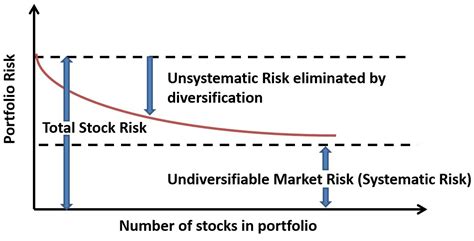Here is an article that will suit your needs:
“Crypto, systemic risk, and the one-two punch of Bittensor and Monero”

In recent years, cryptocurrencies have become increasingly popular as a means of storing and transferring value. However, despite their growing adoption, cryptocurrencies are also considered a significant source of systemic risk. This is because they can create new risks that were previously unknown or harder to understand.
One area where cryptocurrencies are thriving is decentralized finance (DeFi). Bittensor, a DeFi platform, allows users to lend and borrow cryptocurrencies for low fees and minimal transaction costs. However, this has also led to some users making significant profits by lending out their cryptocurrencies at very high interest rates.
Monero, on the other hand, is a cryptocurrency that uses a unique encryption algorithm to protect its transactions from being tracked by hackers. While Monero’s use cases are largely limited to peer-to-peer transactions without the need for external intermediaries, this raises the question of how systemic risk could potentially be exacerbated if the entire blockchain network is compromised.
Due to their decentralized nature and lack of regulation, both Bittensor and Monero pose significant risks. In a traditional banking system, regulators can provide a safety net by monitoring and regulating financial institutions. However, in the cryptocurrency space, there is no central authority or regulatory framework that can prevent potential abuse.
Furthermore, cryptocurrencies such as Bitensor and Monero are known for their volatility, with prices experiencing significant fluctuations due to market speculation and lack of liquidity. This made them vulnerable to price crashes and other forms of financial trouble.
The double whammy of systemic risk posed by Bittensor and Monero is particularly concerning as it highlights the potential for catastrophic disruption in the cryptocurrency market. If a major player suffers a security breach or incurs significant losses, it can have far-reaching consequences for the entire market.
Regulators are already taking action to address these risks. In 2020, the U.S. Securities and Exchange Commission (SEC) announced that it would take action against DeFi platforms like Bittensor, which are not required to register their services with regulators. This move has caused some investors to reconsider their positions in cryptocurrency-based DeFi protocols.
In conclusion, while cryptocurrencies have the potential to change our understanding of money and financial transactions, they also pose significant risks that need to be carefully monitored by both regulators and users. Bittensor and Monero are just two examples of many decentralized systems that can exacerbate systemic risk if not properly regulated and monitored.